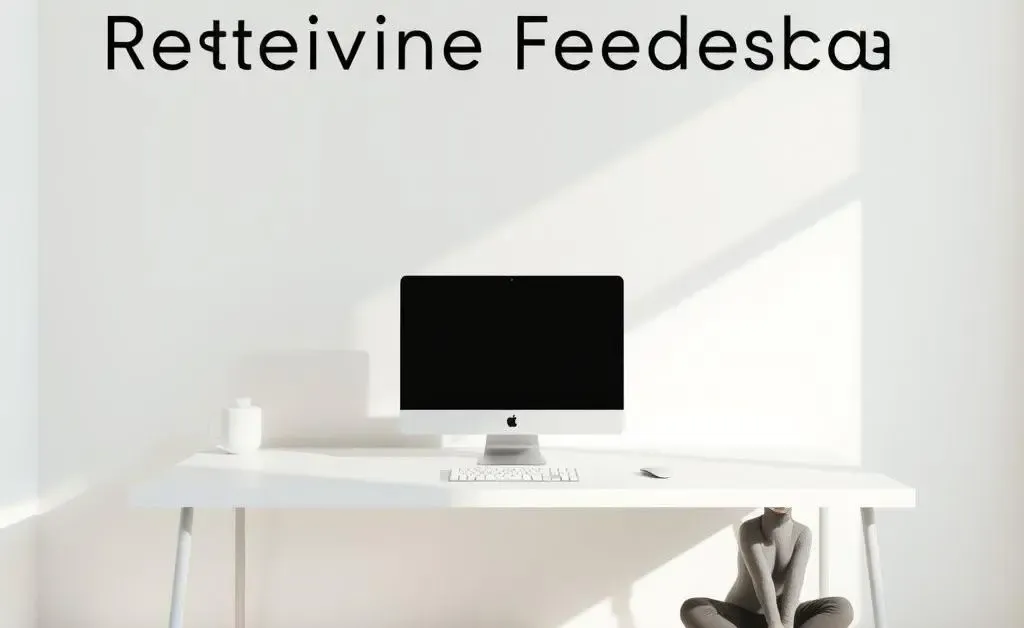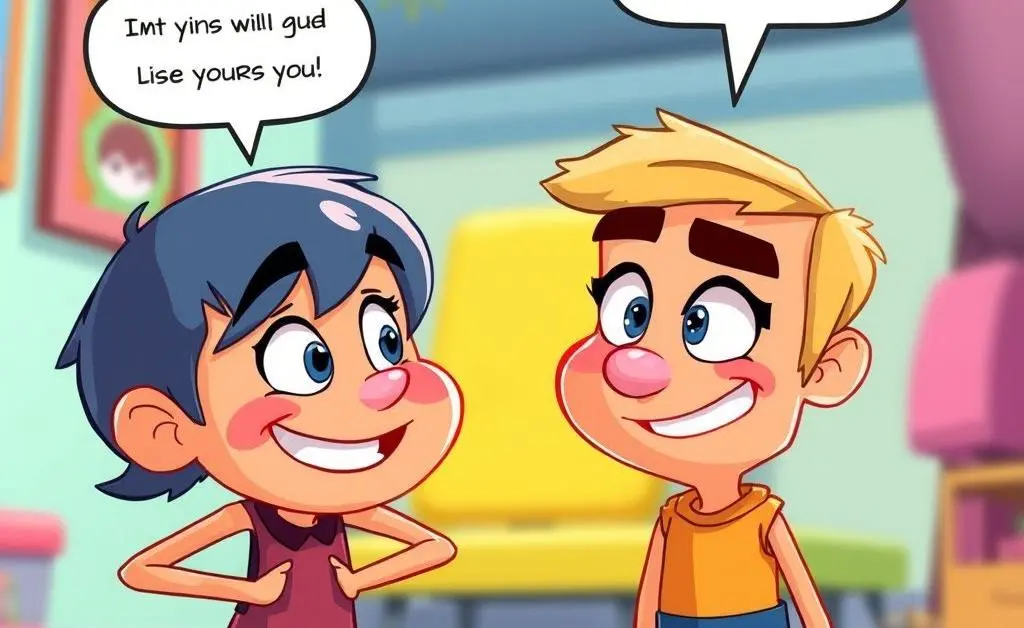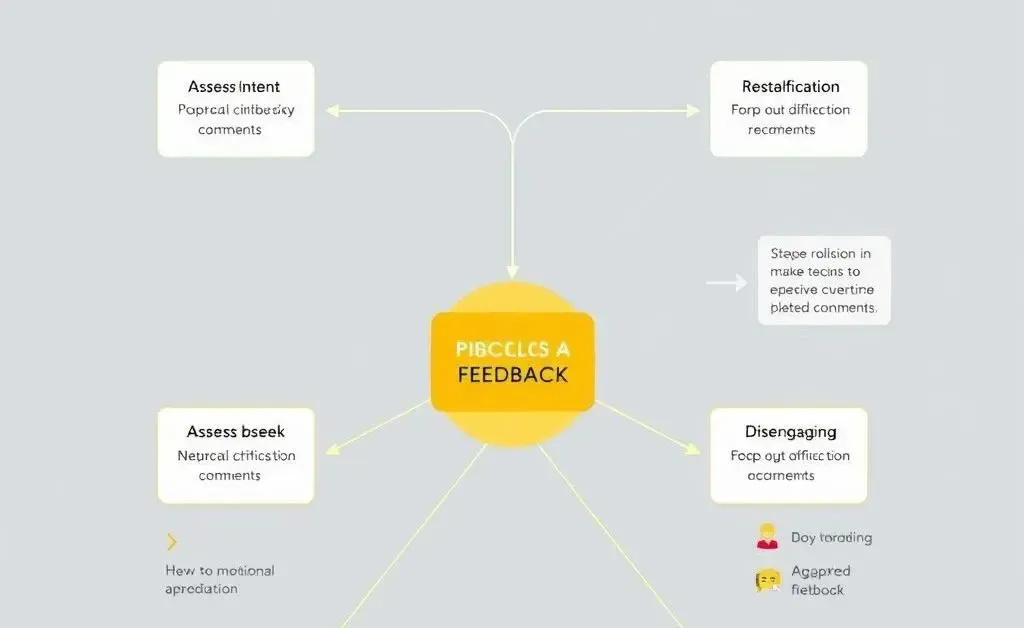How to Handle Rude Comments on Your Portfolio Without Losing Your Cool
Mastering the art of responding to feedback, even when it's unkind.

Ever gotten a comment on your portfolio that made you want to throw your computer out the window? You're not alone. Negative feedback, especially the kind that's rude or off-topic, can feel like a punch to the gut. But there’s a smart way to handle it. Today, let's chat about staying cool under fire when your masterpiece is met with harsh words.
Why Criticism Isn't All Bad
Not all criticism is created equal. Sometimes it can be a valuable insight into your work. Constructive criticism can help you see blind spots and grow as an artist. But then there's the other kind — the kind that feels more like a digital slap.

However, knowing how to sift through feedback without losing your cool is a skill worth mastering.
My Friend's Experience With Harsh Feedback
A friend of mine, let's call him Alex, recently launched a series of illustrations. Within minutes, someone commented, "Looks amateurish, did your kid draw this?" Ouch. Alex nearly deleted the entire post but instead decided to take a step back using his 'Criticism Survival Kit'. What's that, you ask?
- Breathe: Take a moment before responding.
- Analyze: Is there any useful information here?
- Respond or Ignore: It's okay to ignore outright hostility.
- Reflect: Could this be constructive if presented better?
Alex realized the comment could have been framed better, but the core advice, about improving proportion, was sound. He thanked the commenter and focused on making improvements.
Turning Reactivity Into Reflection
It’s tempting to snap back at rude comments, but there’s power in restraint. By stepping back and reflecting, you can turn even the rudest remarks into opportunities for growth.

Before responding, ask yourself: Can this person offer a perspective I hadn't considered? Could this comment be misguided honesty?
Building Your Feedback Framework
To help you navigate feedback more effectively, create a personal action plan. Here’s a simple structure to get started:

- Identify: Categorize feedback as constructive or not.
- Engage: Decide if the feedback warrants a response or adjustment in your work.
- Adapt: Implement any beneficial suggestions.
- Release: Let go of anything that doesn’t serve your growth or goals.
Next time you receive an unkind remark, remember this framework. It transforms your experience from a potentially negative one to a constructive step in your creative journey.
In the end, how you choose to view and respond to criticism can shape your path. What's your favorite strategy for dealing with tough feedback? I'd love to hear about it!




